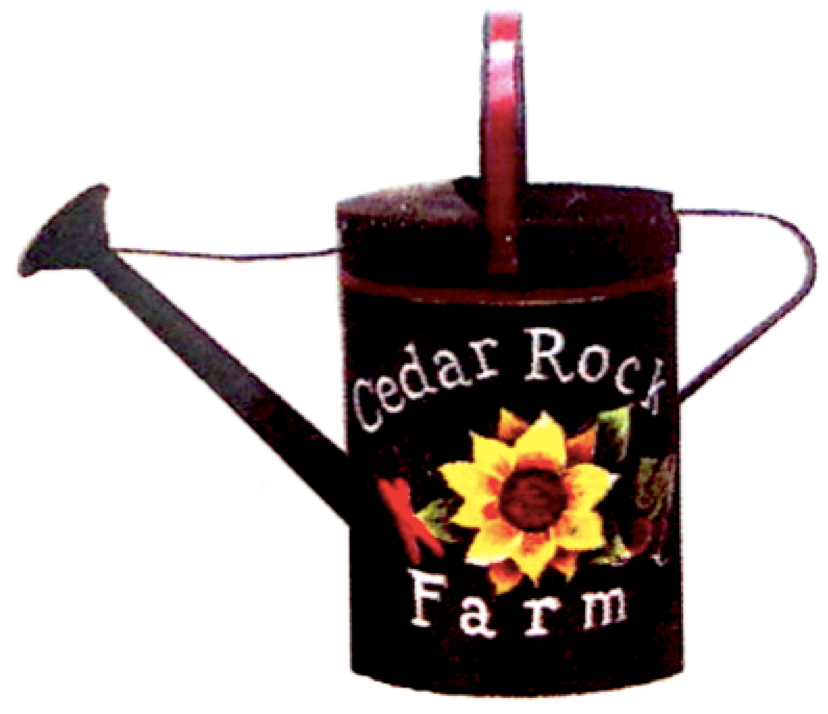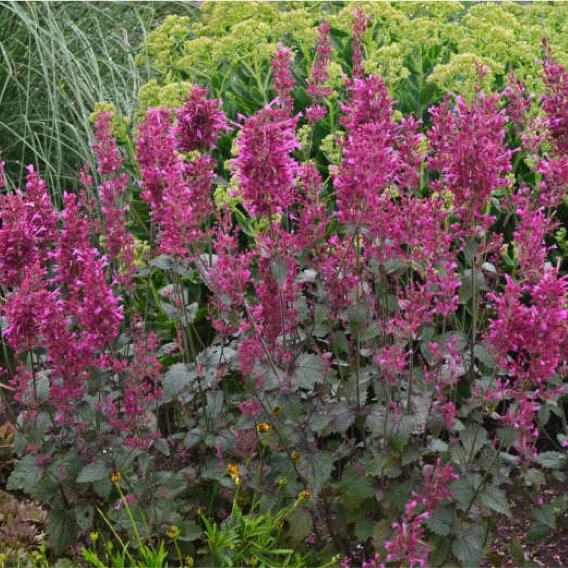Summer Asclepias
Tuberosa - Butterly Weed
A punch of intense tangerine orange invites droves of butterflies. A butterfly host plant for Monarchs in particular; butterflies also cherish its lavish flower clusters filled with scrumptious nectar. Green seed pods open to glistening silky parachutes that float with the breeze to a new location. Butterfly Weed emerges late in the spring. Requires little care once established. Tough as nails, this beauty is Native to eastern North America.
Incarnata - Swamp Milkweed
A choice perennial to attract butterflies! nectar-laden, rose-pink flowers with white starred centers attract butterflies - plus, its foliage will cradle Monarch eggs/caterpillars. Vanilla-scented flowers emerge in attractive branching clusters. As quoted by George Carlin; “The caterpillar does all the work, but the butterfly gets all the publicity.” This U.S. native perennial will ensure a reliable food source for butterflies. The slender seed pods in late summer throughout winter provide four-season appeal. The pods, usually in pairs, burst open in fall to reveal brown seeds on silky threads that hitch a ride with the breeze like glistening parachutes. Plants will emerge late in the spring but require little care once established. Asclepias incarnata also attracts hummingbirds, hummingbird moths, bumblebees, honeybees, and a variety of butterflies: eastern tiger swallowtails, buckeyes, fritillaries, hairstreaks, and spicebush swallowtails.
Syriaca - common Milkweek
The Common Milkweed is the plant that most people associate with the word “milkweed”. This is a tall and conspicuous species that sometimes forms large clones. The umbels bear large balls of pink to purplish flowers that have an attractive odor. This species is known to form hybrids with both A. exaltata (in the east) and A. speciosa (in the west). Follicles split open in the fall and early winter dispensing wind borne seeds. Among the milkweeds, this species is the best at colonizing in disturbed sites.
Tuberosa - Butterly Weed
A punch of intense tangerine orange invites droves of butterflies. A butterfly host plant for Monarchs in particular; butterflies also cherish its lavish flower clusters filled with scrumptious nectar. Green seed pods open to glistening silky parachutes that float with the breeze to a new location. Butterfly Weed emerges late in the spring. Requires little care once established. Tough as nails, this beauty is Native to eastern North America.
Incarnata - Swamp Milkweed
A choice perennial to attract butterflies! nectar-laden, rose-pink flowers with white starred centers attract butterflies - plus, its foliage will cradle Monarch eggs/caterpillars. Vanilla-scented flowers emerge in attractive branching clusters. As quoted by George Carlin; “The caterpillar does all the work, but the butterfly gets all the publicity.” This U.S. native perennial will ensure a reliable food source for butterflies. The slender seed pods in late summer throughout winter provide four-season appeal. The pods, usually in pairs, burst open in fall to reveal brown seeds on silky threads that hitch a ride with the breeze like glistening parachutes. Plants will emerge late in the spring but require little care once established. Asclepias incarnata also attracts hummingbirds, hummingbird moths, bumblebees, honeybees, and a variety of butterflies: eastern tiger swallowtails, buckeyes, fritillaries, hairstreaks, and spicebush swallowtails.
Syriaca - common Milkweek
The Common Milkweed is the plant that most people associate with the word “milkweed”. This is a tall and conspicuous species that sometimes forms large clones. The umbels bear large balls of pink to purplish flowers that have an attractive odor. This species is known to form hybrids with both A. exaltata (in the east) and A. speciosa (in the west). Follicles split open in the fall and early winter dispensing wind borne seeds. Among the milkweeds, this species is the best at colonizing in disturbed sites.
Tuberosa - Butterly Weed
A punch of intense tangerine orange invites droves of butterflies. A butterfly host plant for Monarchs in particular; butterflies also cherish its lavish flower clusters filled with scrumptious nectar. Green seed pods open to glistening silky parachutes that float with the breeze to a new location. Butterfly Weed emerges late in the spring. Requires little care once established. Tough as nails, this beauty is Native to eastern North America.
Incarnata - Swamp Milkweed
A choice perennial to attract butterflies! nectar-laden, rose-pink flowers with white starred centers attract butterflies - plus, its foliage will cradle Monarch eggs/caterpillars. Vanilla-scented flowers emerge in attractive branching clusters. As quoted by George Carlin; “The caterpillar does all the work, but the butterfly gets all the publicity.” This U.S. native perennial will ensure a reliable food source for butterflies. The slender seed pods in late summer throughout winter provide four-season appeal. The pods, usually in pairs, burst open in fall to reveal brown seeds on silky threads that hitch a ride with the breeze like glistening parachutes. Plants will emerge late in the spring but require little care once established. Asclepias incarnata also attracts hummingbirds, hummingbird moths, bumblebees, honeybees, and a variety of butterflies: eastern tiger swallowtails, buckeyes, fritillaries, hairstreaks, and spicebush swallowtails.
Syriaca - common Milkweek
The Common Milkweed is the plant that most people associate with the word “milkweed”. This is a tall and conspicuous species that sometimes forms large clones. The umbels bear large balls of pink to purplish flowers that have an attractive odor. This species is known to form hybrids with both A. exaltata (in the east) and A. speciosa (in the west). Follicles split open in the fall and early winter dispensing wind borne seeds. Among the milkweeds, this species is the best at colonizing in disturbed sites.









